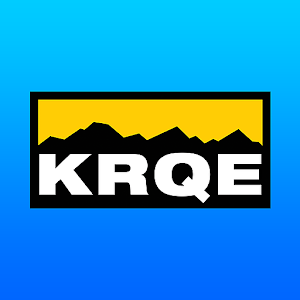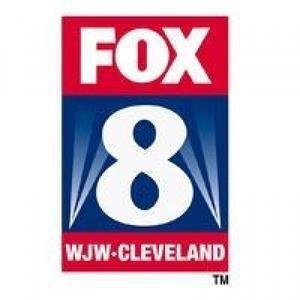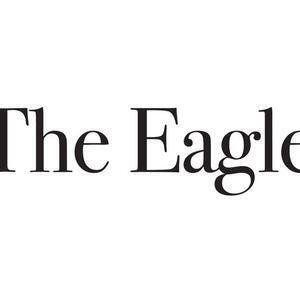- Texas Attorney General Ken Paxton is investigating Kellogg over allegations that its cereals, marketed as “healthy,” contain petroleum-based artificial food dyes linked to health risks. The dyes are still used in U.S. products but have been removed in Canada and Europe.
- Public health officials and researchers have raised concerns about the long-term effects of synthetic dyes, with studies linking them to hyperactivity in children and other health issues.
- These findings have prompted protests from consumer groups, with advocates calling for Kellogg to eliminate artificial dyes from its cereals in the United States.
Full Story
Texas is taking a closer look at what’s inside your breakfast bowl. The state’s attorney general, Ken Paxton, is investigating Kellogg over the use of artificial food dyes in its popular cereals.
In a press release Monday, April 7, Paxton’s office claims WK Kellogg Company is allegedly violating the state’s consumer protection laws. They claim the company may have misled customers by promoting cereals as “healthy,” despite containing synthetic food dyes linked to health risks.
WK Kellogg is the maker of household cereal brands including Froot Loops, Apple Jacks, Frosted Flakes and Rice Krispies.
The release further states, “some of its cereals are filled with petroleum-based artificial food colorings that have been linked to hyperactivity, obesity, autoimmune disease, endocrine-related health problems, and cancer in those who consume them.”
Different ingredients overseas
The attorney general also pointed out that Kellogg has removed these artificial dyes from cereals sold in Canada and Europe. However, the versions sold in the United States still contain them.
Concerns about Kellogg artificial food dyes are not new. In 2024, a WK Kellogg Company shareholder organized a protest at the company’s headquarters. Demonstrators called for the removal of synthetic dyes from their cereals.
Which dyes are in your cereal?
The dyes currently used in Kellogg cereals include Red 40, Yellow 5, Yellow 6 and Blue 1. These synthetic colorings are added to give cereals their bright and appealing look.
However, public health officials and researchers have questioned the long-term impact of these additives. U.S. Secretary of Health and Human Services Robert F. Kennedy Jr. has spoken out about the potential dangers of processed foods and synthetic additives as part of his “Make America Healthy Again” campaign.
What the research shows
Multiple studies have raised red flags about artificial dyes in food. A 2022 meta-analysis published in Environmental Health found a link between synthetic food dyes and hyperactivity in children.
Additionally, a 2021 report from the California Environmental Protection Agency reviewed 25 studies on artificial dyes. More than half of them found a positive association between synthetic food coloring and behavioral issues.
These findings continue to drive concern among parents, consumer groups and public health advocates over the safety of Kellogg artificial food dyes.
Straight Arrow News reached out to WK Kellogg Company for comment but has not received a response as of publication.




















